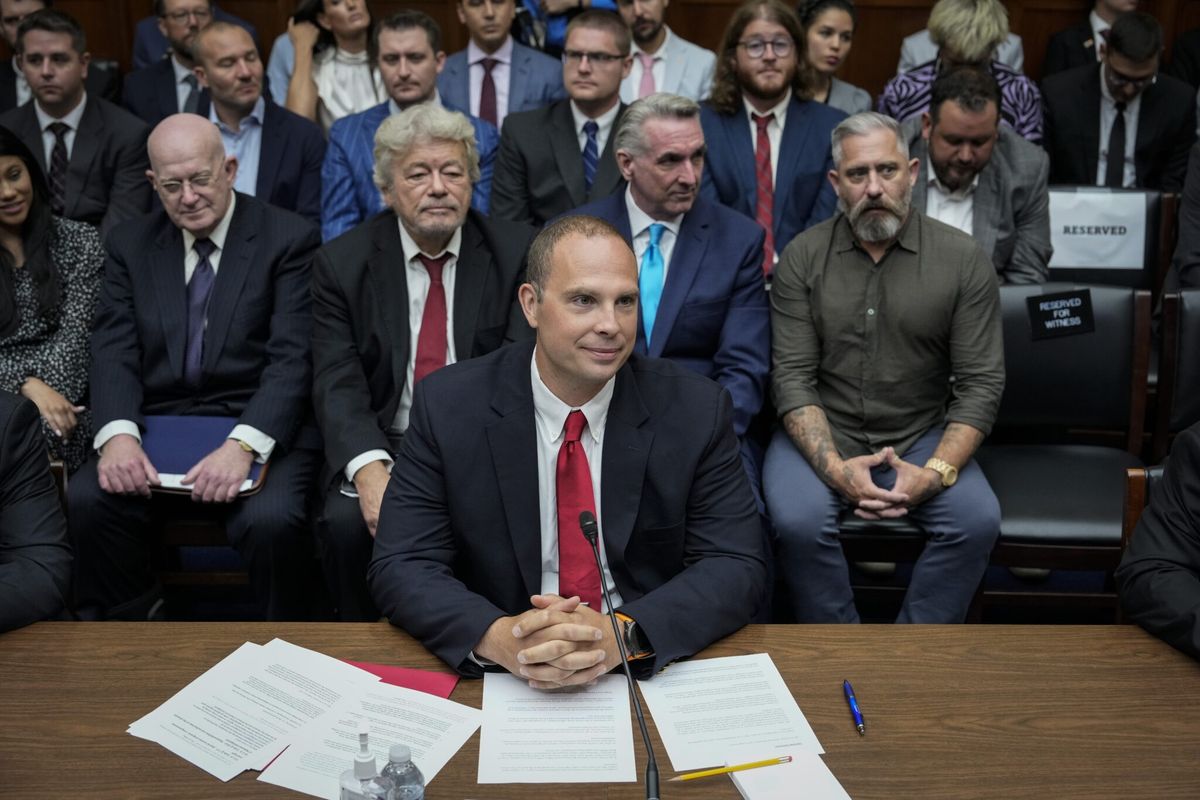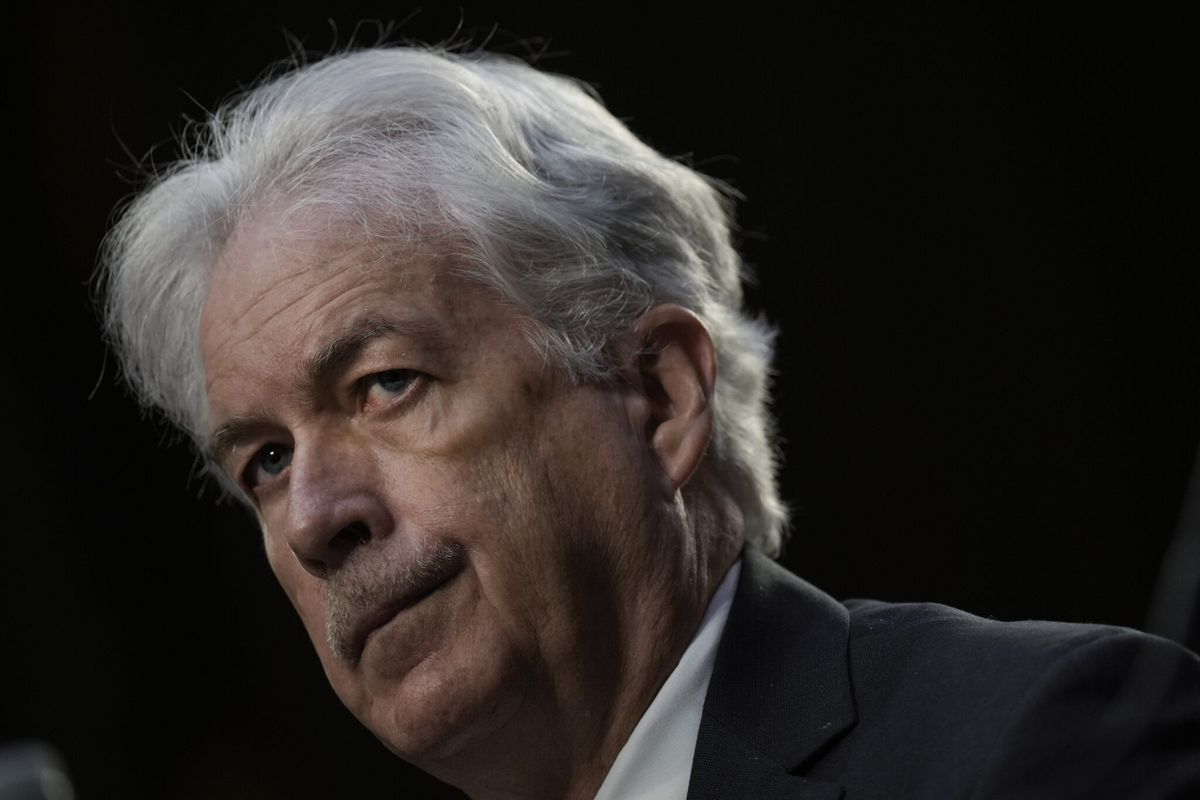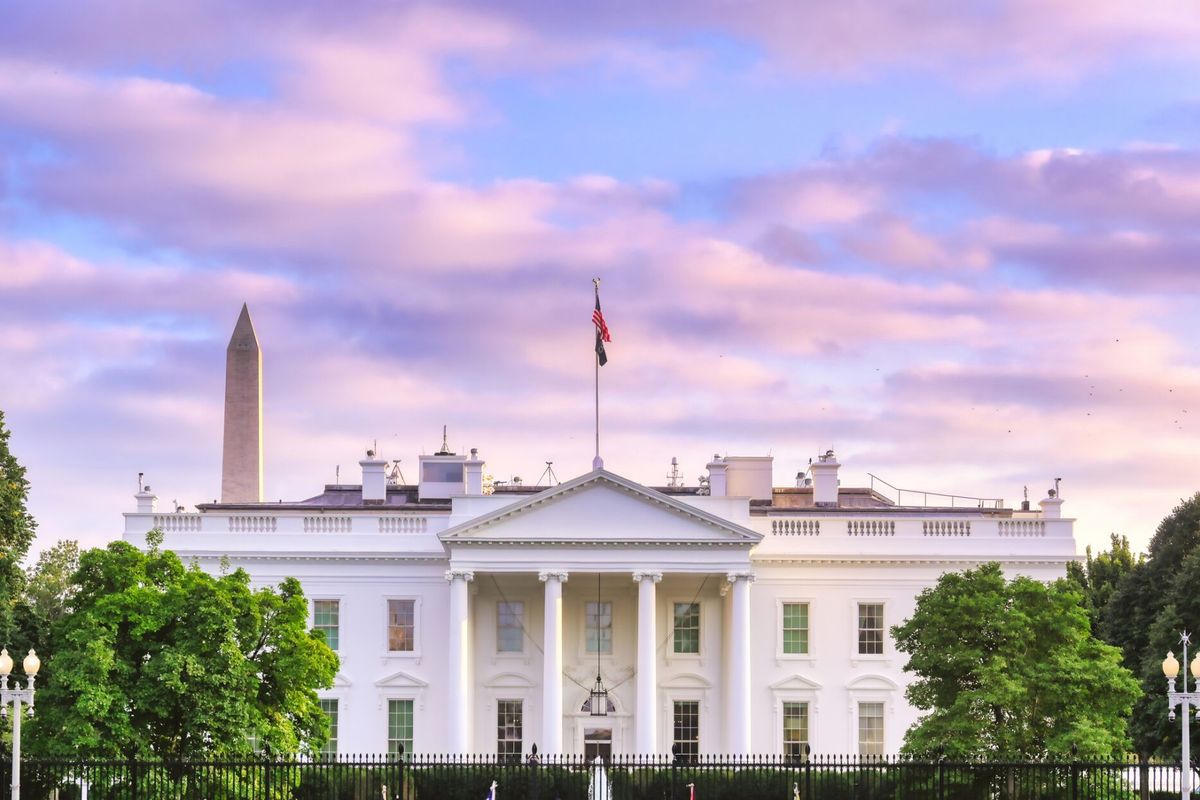OPINION — Wagner Group leader Yevgeniy Prigozhin’s march on Moscow did not topple Russian President Vladimir Putin, but the revolt put forces in motion that will ultimately lead to his downfall. The Wagner rebellion was the most serious threat Putin has faced since he took office in 2000, and the biggest armed challenge to Kremlin power since the failed August 1993 coup attempt against then-President Yeltsin. As in 1993, Prigozhin’s revolt was doomed to fail. Powerful as it is, the Wagner Group is dwarfed by Russia’s regular army, not to mention the internal security troops and Spetsnaz units subordinate to Rosgvardiya and the Federal Security Service (FSB), even in their current war-weakened state. Despite Prigozhin’s stand-down and apparent exile to Belarus, the Russian governing establishment suddenly finds itself in the throes of a seismic-level political event, and things will never be the same.
A key pillar of Putin’s autocratic rule has been his aura of Oz-like omnipotence. The colossal failure of his Ukraine adventure combined with Prigozhin’s defiant armed rebellion in the heart of Russia and his raw accusations about who’s to blame for that failure has irreparably shattered Putin’s image, one that was painstakingly cultivated over decades. The Tsar is vulnerable and unsure, and now everyone sees it.
Everyone also knows that Prigozhin has always been Putin’s creature, with the President going so far as to allow him to set up his own private military organization — a dicey move for any autocrat — despite the clear discomfort of Putin’s High Command. When Russia’s battlefield fortunes soured and Prigozhin began to publicly vilify the military leadership in loud and personal terms for their corruption, cowardice, and incompetence, Putin remained silent for months, suggesting a level of tacit approval or indecisiveness. Putin’s military leaders surely noted and will remember this now that Prigozhin has gone completely off the rails, plainly exposing the President’s dubious judgment — again. And they will be livid that Prigozhin has apparently dodged accountability for his treasonous act, and will see it as an exasperating display of weakness.
Want to know what the top minds in cyber are most worried about right now? Save yourself a seat at The Cyber Initiatives Group virtual Summer Summit on Wednesday, June 28th.
And then there’s the interesting question of Chechen leader Ramzan Kadyrov, whom, like Prigozhin — and similarly opposed by the military — Putin has allowed to run Chechnya as a largely autonomous fiefdom, to include raising a substantial armed force independent of the Russian military and loyal foremost to him. Despite similar complaints as Prigozhin about the High Command’s ineptitude in the conduct of the Ukraine war, and the mutual animosity between Kadyrov and the Russian military leadership, he opposed the Wagner rebellion and deployed his own forces to help quell it. One wonders what’s going through his mind now that Putin has stepped back from crushing Prigozhin despite his blatant treason. Like the High Command, he too probably interprets it as weakness and may well be reassessing the calculus of his own loyalties as a result. For its part, the High Command may also be wondering if Putin’s bet on Kadyrov’s loyalty will prove to be as misguided as his trust in Prigozhin.
The Ukrainians can be counted on to exploit this turmoil to their advantage on the battlefield. Ever observant and opportunistic, they will identify and attack wherever they see weakened morale and distracted leadership. Prigozhin may be despised by the Russian military High Command, but he has sympathizers among the ranks for his candor about their leaders’ ineptitude — the kind of candor ruthlessly punished when coming from others. The fratricidal spectacle of Prigozhin’s revolt and his widely and loudly disseminated accusations about the war’s fraudulent justification and bungled execution could easily erode the will of Russia’s poorly trained, motivated, and led soldiers to hold their ground in the face of continuing Ukrainian pressure, which may provide the crack the Ukrainians have been probing for since their counteroffensive began. If this ultimately contributes to a battlefield breakthrough, everyone will understand that it’s not just Prigozhin, but his creator and patron who is to blame.
As for Prigozhin, no matter what agreement he may have struck, he will not be permitted to go quietly into that good night. It’s not in his character to do so anyway. Blood was spilled, and Putin and the High Command were publicly and globally humiliated. Somewhere in the FSB, knives are being sharpened.
Prigozhin’s rebellion may be extinguished, but the echoes of his howled recriminations will linger because they are what many Russians already inwardly believe. Moreover, the example of his armed defiance will smolder in the minds of many in Russia’s corridors of power who are wondering how this nightmare will end and if Putin is up to the job of finishing it. Despite Putin’s increasingly pathetic attempts to portray it so, things are most definitely not under control in Russia, and thanks to Prigozhin that is now obvious to all. Dictators survive by building a hard defensive shell to handle pressure and maintain control, but like deep-sea submersibles, once the first crack appears the shell’s integrity is compromised, and problems begin to cascade. Putin will survive Prigozhin’s revolt, but it’s the first serious crack in his internal political defenses. Accumulating pressure from Russia’s continued economic and military setbacks will inevitably expand the fissures and lead to failure. Maybe not today. Maybe not tomorrow. But the process has begun.
The Cipher Brief is committed to publishing a range of perspectives on national security issues submitted by deeply experienced national security professionals.
Opinions expressed are those of the author and do not represent the views or opinions of The Cipher Brief.
Have a perspective to share based on your experience in the national security field? Send it to Editor@thecipherbrief.com for publication consideration.
Read more expert-driven national security insights, perspectives and analysis in The Cipher Brief because National Security is Everyone’s Business














